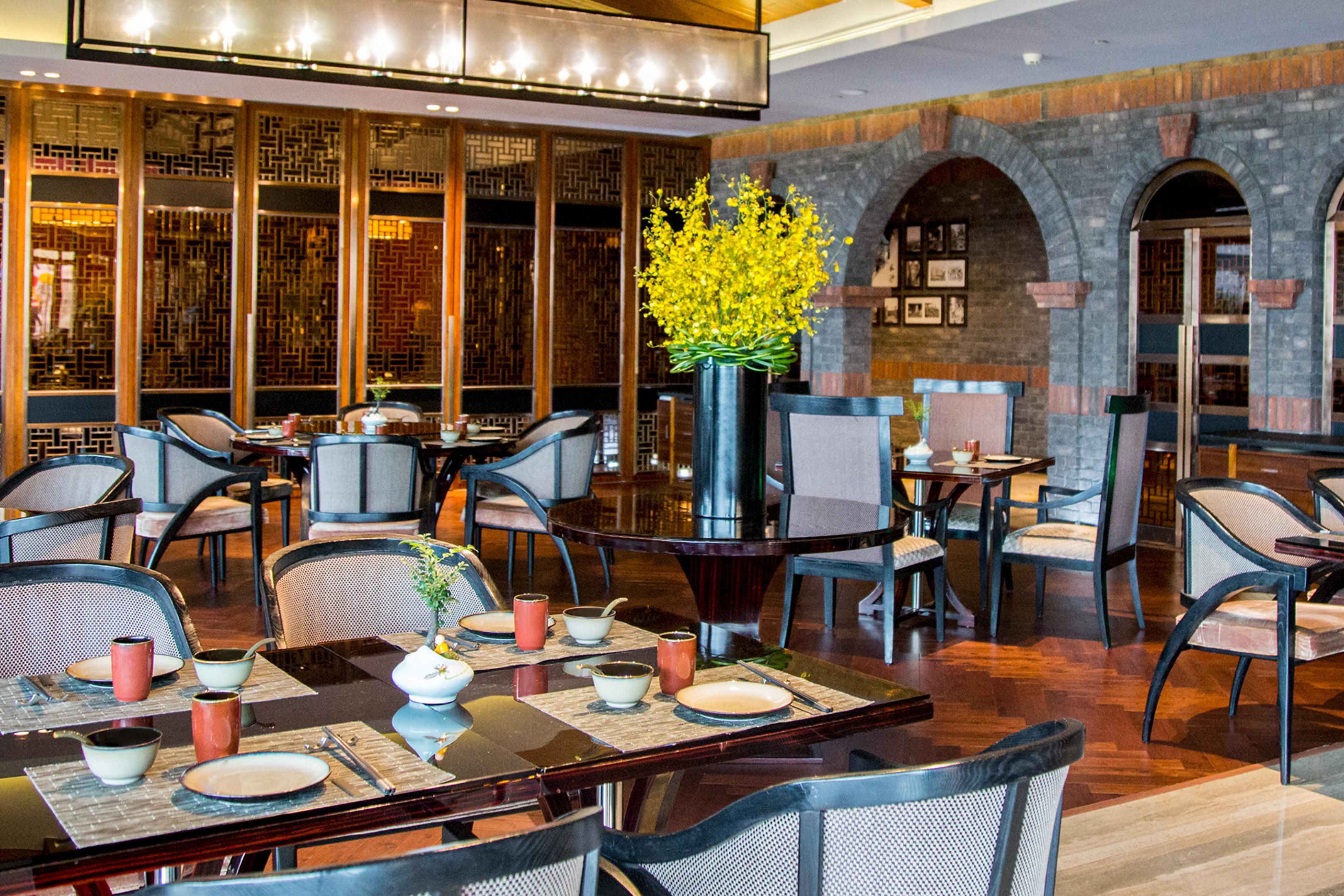Culinary Traditions Of Xingtai
Share
Xingtai, a vibrant city located in the Hebei province of China, is not only rich in history and culture but also boasts a unique culinary landscape that reflects the region's agricultural bounty and traditional cooking methods. This article will take you through the fascinating culinary traditions of Xingtai, highlighting key dishes, cooking techniques, and the cultural significance of food in this remarkable city.
A Brief Overview of Xingtai
Xingtai is known for its historical significance, with roots tracing back to ancient times. The city has been a center for agriculture, which has heavily influenced its culinary practices. The local cuisine is characterized by hearty flavors, fresh ingredients, and a variety of cooking methods that reflect the agricultural lifestyle of its inhabitants.
Key Ingredients in Xingtai Cuisine
The foundation of Xingtai's culinary traditions lies in its local ingredients. The fertile plains surrounding the city provide a rich array of produce, meats, and grains. Here are some key ingredients commonly used in Xingtai dishes:
- Wheat: As a staple grain, wheat is used to make various types of noodles and dumplings.
- Vegetables: Seasonal vegetables such as cabbage, carrots, and radishes are prevalent in many dishes.
- Pork: Pork is the most commonly consumed meat, often prepared in various styles, from stir-frying to braising.
- Soy Products: Tofu and soy sauce are essential components, adding depth and flavor to many meals.

Traditional Dishes of Xingtai
1. Xingtai Noodles
Noodles are a beloved staple in Xingtai, with local variations that showcase the region's culinary creativity. Xingtai noodles are typically handmade, giving them a unique texture and flavor. They are often served in a savory broth or stir-fried with vegetables and meats.
2. Braised Pork Belly
This dish is a local favorite, featuring tender pork belly slow-cooked in a rich sauce made from soy sauce, sugar, and spices. The result is a melt-in-your-mouth experience that is both savory and slightly sweet, often served with steamed rice.
3. Dumplings
Dumplings are a significant part of Xingtai's culinary culture, often filled with a mixture of pork, vegetables, and spices. They can be boiled, steamed, or pan-fried, making them a versatile dish enjoyed by locals and visitors alike.
4. Stir-Fried Vegetables
Fresh, seasonal vegetables are a hallmark of Xingtai cuisine. Stir-fried dishes often feature a colorful mix of vegetables, lightly seasoned to enhance their natural flavors. This dish not only provides a healthy option but also showcases the region's agricultural diversity.
5. Hot Pot
Hot pot is a communal dining experience that is popular in Xingtai. Diners cook a variety of ingredients, including meats, vegetables, and noodles, in a simmering pot of broth at the table. This interactive meal encourages socializing and sharing, making it a favorite among families and friends.
Cooking Techniques
The culinary traditions of Xingtai are deeply rooted in time-honored cooking techniques that have been passed down through generations. Here are some common methods used in Xingtai kitchens:
- Stir-Frying: This quick cooking method retains the freshness and crunch of vegetables while infusing them with flavor.
- Braising: Slow-cooking meats in a flavorful liquid allows for tender results and rich, complex flavors.
- Steaming: A healthier cooking option, steaming preserves the nutrients in vegetables and meats, making it a popular choice for many dishes.
Cultural Significance of Food in Xingtai
Food in Xingtai is more than just sustenance; it is a vital part of the city's culture and social fabric. Meals are often communal, bringing families and friends together to share stories and laughter. Festivals and celebrations are marked by special dishes, showcasing the region's culinary heritage.
Festivals and Food
Xingtai hosts various food festivals throughout the year, celebrating local ingredients and traditional cooking methods. These events provide an opportunity for visitors to taste authentic dishes and learn about the culinary traditions that define the region.
Best Time to Visit Xingtai
When planning a trip to Xingtai, consider the best time to experience its culinary delights. The ideal time to visit is during the spring and autumn months (April to June and September to November). During these seasons, the weather is mild, and local markets are brimming with fresh produce.
Weather Information
- Spring: Mild temperatures (15-25°C) with blooming flowers and fresh produce.
- Summer: Warm and humid (25-35°C), ideal for enjoying cold dishes and refreshing drinks.
- Autumn: Cool and pleasant (10-20°C), perfect for harvest festivals and hearty meals.
- Winter: Cold (0-10°C), a great time to warm up with hot pot and braised dishes.
Where to Stay in Xingtai
For a comfortable stay in Xingtai, consider booking a hotel that offers easy access to local attractions and dining options. Here are some recommended hotels:
- Xingtai International Hotel: A modern hotel with excellent amenities and close proximity to local dining options.
- Xingtai Grand Hotel: Known for its luxurious accommodations and exceptional service, perfect for travelers seeking comfort.
- Local Guesthouses: For a more authentic experience, consider staying at a local guesthouse where you can connect with the community.
Book your stay here: Hotels & Flights
Getting to Xingtai
Traveling to Xingtai is convenient, with various transportation options available. The city is well-connected by train and bus services, making it easy to reach from major cities like Beijing and Shijiazhuang. For those flying in, the nearest airport is Shijiazhuang Zhengding International Airport, followed by a short train or bus ride to Xingtai.
Book your flights here: Flights
Things to Do in Xingtai
While indulging in the culinary delights of Xingtai, don't miss out on exploring the city's attractions. Here are some must-visit sites:
- Xingtai Confucius Temple: A historical site that showcases traditional architecture and cultural significance.
- Dai Temple: A beautiful temple complex that offers a glimpse into the region's spiritual heritage.
- Local Markets: Wander through bustling markets to experience the vibrant atmosphere and sample street food.
For more activities, check out this link: Things to Do
Final Thoughts
Xingtai's culinary traditions offer a delicious glimpse into the heart of this remarkable city. From handmade noodles to communal hot pot, the flavors and techniques reflect the region's rich agricultural heritage and cultural significance. Whether you're a food enthusiast or a curious traveler, Xingtai promises a memorable culinary experience that will leave you craving more.
As you plan your visit, remember to savor the local dishes, engage with the community, and immerse yourself in the vibrant food culture that defines Xingtai. Your taste buds will thank you!





